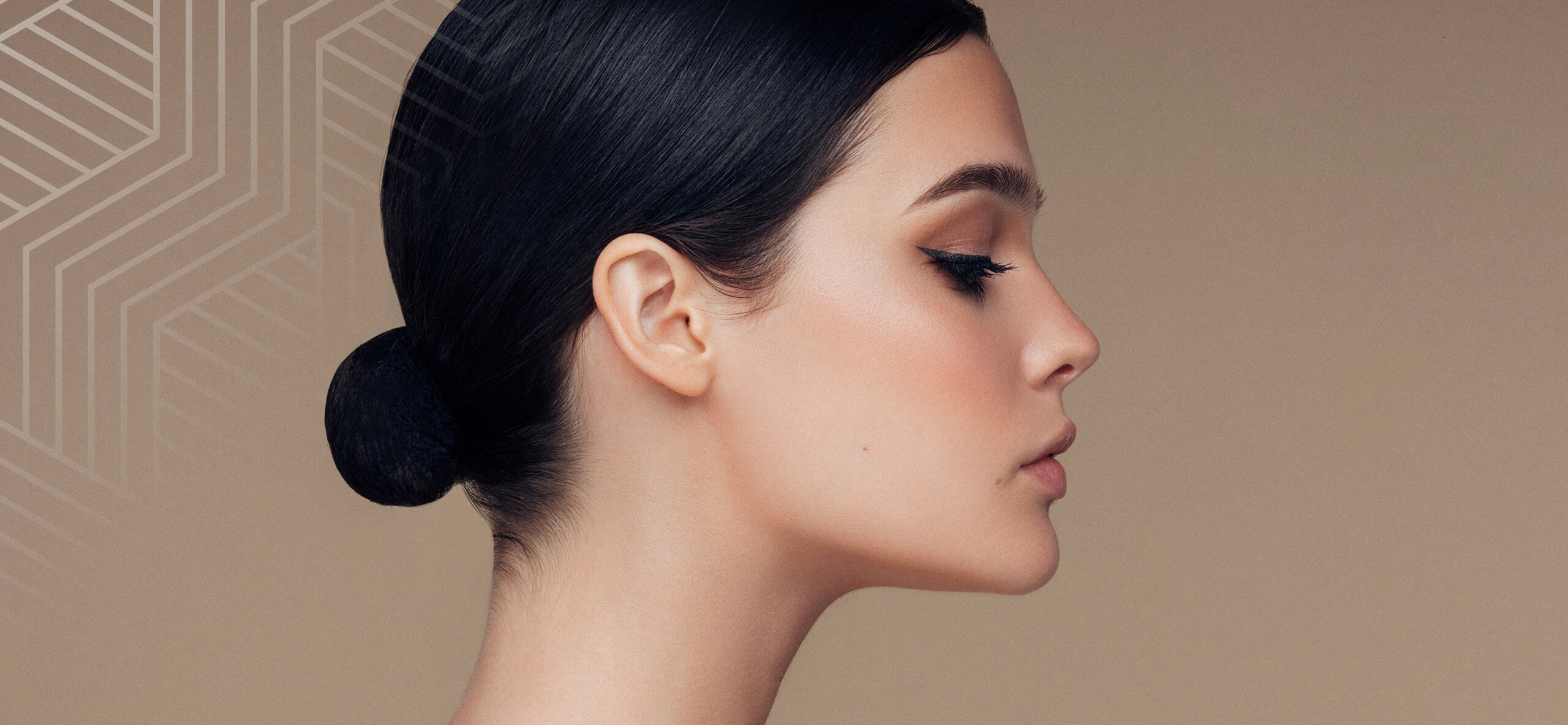Natural-looking ear corrective surgery with Dr Kian
Ear corrective or reshaping surgery (also called otoplasty) is a procedure to correct deformities or reduce the prominence of your ears. One of the most common ear corrective procedures is prominent ear surgery (pinnaplasty, also known as ear pinning surgery), which is used to correct ears that protrude or stick out too much (also called “bat ear” deformity). This procedure involves the use of sutures to reposition your cartilage and pin your ears to a less prominent and more desirable position.
Ear corrective surgery also includes correcting deformities present at birth or due to trauma (including repairing piercings, split, stretched or reducing large earlobes).
- Performed by Dr Kian, a UK-trained Consultant Plastic Surgeon
- British Association of Aesthetic Plastic Surgeons (BAAPS) Aesthetic Fellowship training in London & Sydney, Australia
- Systematic approach & personalised surgery for natural-looking results
- Experience in a wide range of ear corrective surgical procedures
- Consultation and full aftercare provided by Dr Kian
Most people who seek ear corrective surgery would like to correct deformities that are either present at birth or as a result of previous trauma to the ear. These deformities may have a significant impact on their self esteem and result in patients being self-conscious and opting to have certain hairstyles to conceal their ears.
Ear corrective procedures encompasses a range of techniques, and this can be customised based on your individual concerns:
- Pinnaplasty – this procedure corrects prominent ears and involves reshaping your cartilage and repositioning your ear to a more desirable position.
- Ear piercing repair – this procedure removes and closes an unwanted ear piercing.
- Split earlobe repair – this procedure involves repairing an earlobe that has split. This is commonly an injury due to a piercing or earring being pulled and tearing the earlobe.
- Stretched earlobe repair – this procedure involves repairing an earlobe that is stretched due to heavy or tribal earrings.
- Earlobe reduction – this is a procedure that reduces the size of a large earlobe.
- Earlobe enhancement – this is a non-surgical procedure using hyaluronic acid dermal fillers to add volume to deflated earlobes as a result of ageing
During your consultation with Dr Kian, you will be able to discuss your goals and concerns. Dr Kian will discuss your options that will be best suited to your needs. He will also explain what sort of scars to expect and how long it will take to recover from surgery.
Dr Kian has had extensive training using various different techniques and types of ear corrective procedures. He will be able to tailor your procedure to ensure that you achieve natural-looking results based on your individual needs and concerns.














